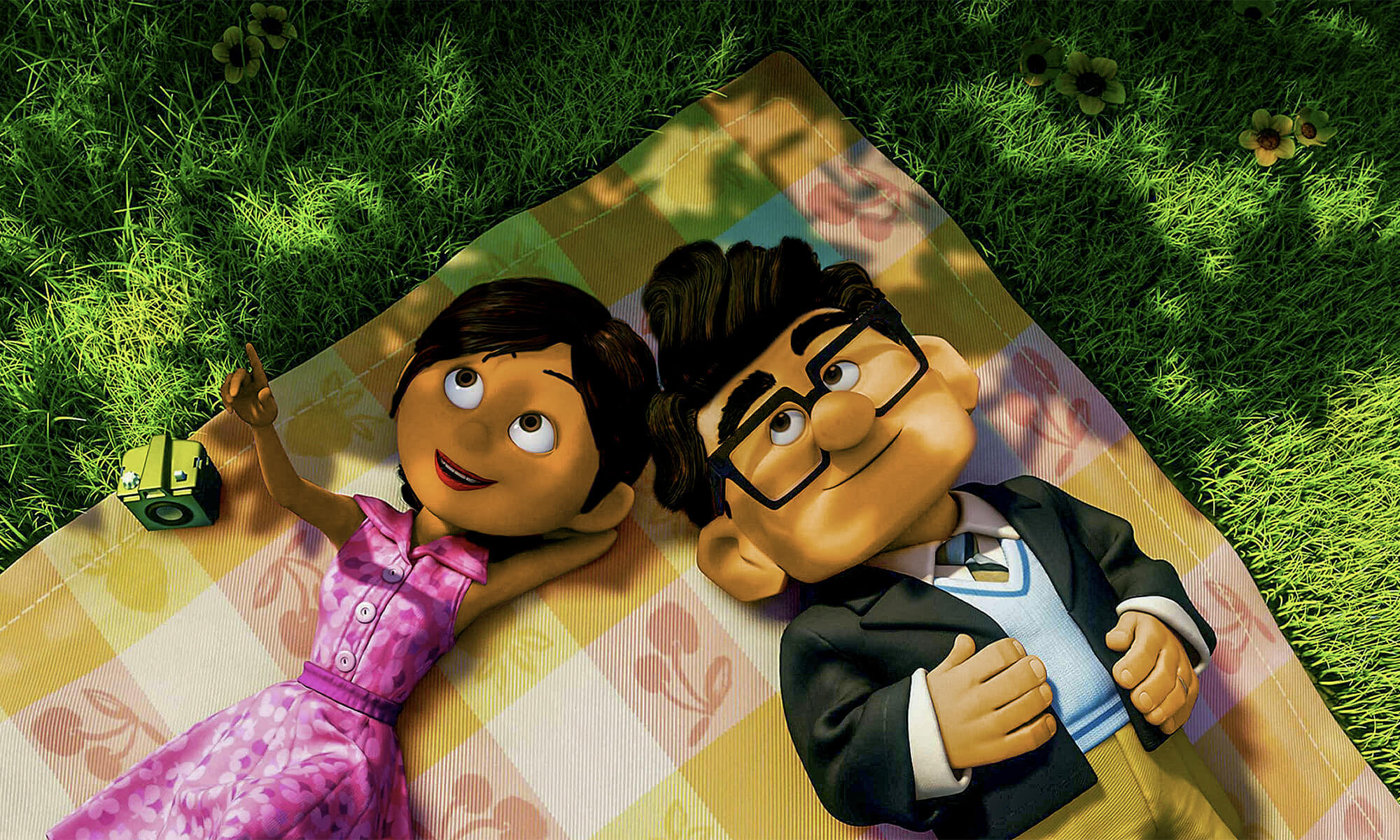I fully admit it. I’m addicted to watching certain tween shows. HSM? Loved it … have such a crush on Z.ac Ef.ron that just seem so …. wrong. (But then I think of D.emi and As.hton and go, “Hmmm ….”) Li.zzie McGu.ire (especially the movie)? Yep, like that too. So it was no surprise to Hubby when I told him I wanted to see Ha.nnah Mon.tana: The Movie. (Hey, what can I say? Being the music chick I was even at an early age, I always “wished” I could be a Rock Star!)
So today we headed off to the movie theatre and sat amongst many a grade school/middle school girls with their friends/parents and watched the movie. And even Hubby had to admit it …. that it was actually quite good. And “good” as in not a glorified Hollywood version of the TV show. That was most likely due to the fact that the movie was set primarily in Tennessee (now whether it was actually filmed there, I don’t know).
 For those of you that don’t know the story behind Ha.nnah Mon.tana, the show is based on the life of Mi.ley Stewa.rt, a teenager (Mi.ley Cy.rus) from Crowley Corners, TN who moves with her father, Rob.by Ray (Bi.lly Ray Cy.rus) and older brother to Malibu, CA to follow her rising career in music. In order to to live a “normal” teenager’s life outside of the music business, Miley and her father develop her alter-ego, Ha.nnah Mon.tana, to be her Rock Star persona. Trying to keep a duel-life prompts hilarity, a-la-Disney Channel style.
For those of you that don’t know the story behind Ha.nnah Mon.tana, the show is based on the life of Mi.ley Stewa.rt, a teenager (Mi.ley Cy.rus) from Crowley Corners, TN who moves with her father, Rob.by Ray (Bi.lly Ray Cy.rus) and older brother to Malibu, CA to follow her rising career in music. In order to to live a “normal” teenager’s life outside of the music business, Miley and her father develop her alter-ego, Ha.nnah Mon.tana, to be her Rock Star persona. Trying to keep a duel-life prompts hilarity, a-la-Disney Channel style.
The movie was definitely a change in pace from the TV series in that Mi.ley returns “home” to Tennessee for a father-ordered “Ha.nnah” rehab. And it is, in general, the story of a teenager trying to find her true self amongst the pressures of being pulled in fifty zillion directions. And yes … I’m totally a sucker for those kind of movies. (Hellooo … “Pretty In Pink” anyone? “Some Kind of Wonderful”?!) So if anyone loves those types of plots … I totally recommend it to you. Yes, it has its cheesy moment, but it’s at the very least … rental-worthy.
The point of this post really was not to do a film review of this movie. After all, even though I write about a variety of different topics here, this blog is still primarily about dealing with my inability to have children. It’s a blog about loss.
So what does “Ha.nnah Mon.tana” have to do about loss? Well first of all, let’s talk about the fact that we were surrounded by leagues of tweens and even more 6-9 year old girls. And let’s talk about the moms that they were with. As I looked around, I saw that many of the women taking their kids to see the movie were right around my age. Which would have probably made them anywhere between 22 to 30 years of age when they had their kids. And seeing their interactions with these girls … well, yeah … why shouldn’t it break my heart just a little? After all, this is what I would have done for my girl if I ever had one. I would have let them dress up in all their “Ha.nnah Mon.tana” clothes and let them “pretend” to be a Rock Star. I would have stood in line early at the theatre to try to get the best seats in the house (dead center of the theatre). I would have asked them to invite their best friend along. I would have done all that, if that was something that they really wanted. And if I ever had the daughter to do this for.
But alas, that isn’t the case. And therefore it’s Hubby and I that sat at the end of the row, discussing how that dad or Grandpa (along with Hubby, himself) was a wonderful man to endure sitting through a movie just for their daughter/granddaughter. And how we would totally do these things for our kids just because we loved them.
 The second part that got to me were the various parts of the movie where Mi.ley talks about her mom (played in flashbacks in the TV show by Bro.oke Shi.elds). Su.san Stewa.rt apparently died three years before the series began. (Not in real life; just the show. Mi.ley Cy.rus’ mom is still alive.) And it’s those moments when she reflects as to whether or not her mom would be proud of her if she were still alive … those were the moments that had me unexpectedly bawling my eyes out.
The second part that got to me were the various parts of the movie where Mi.ley talks about her mom (played in flashbacks in the TV show by Bro.oke Shi.elds). Su.san Stewa.rt apparently died three years before the series began. (Not in real life; just the show. Mi.ley Cy.rus’ mom is still alive.) And it’s those moments when she reflects as to whether or not her mom would be proud of her if she were still alive … those were the moments that had me unexpectedly bawling my eyes out.
At first I couldn’t understand why it was that I was dropping those crocodile-sized tears. To a Tweener Movie, nonetheless. But then I reflected on what happened to me yesterday at work when my manager (who was off that day) called me in regards to an email she wanted me to send. She apparently noticed something in my voice because she asked me what was wrong. That took me by surprise as I didn’t realize I sounded anything different than how I normally was. So when she asked, I told her about my Grandma Rose … and then I suddenly felt my eyes swelling up with tears. Totally unexpected because I thought my waterworks were otherwise under control; but apparently not. And that’s when she told me to go home; to take the time to mourn. To use my bereavement time that I was entitled for.
At first I resisted; saying that the funeral was in the Philippines. I mean, it’s not like I was going to actually be attending a funeral service/mass. Plus, I figured that as long as I kept myself busy I wouldn’t think about how sad I actually was. But apparently, that’s not what Grandma Rose wanted me to do. Because no sooner than I had told my manager I was going to stay until the end of the day … we received the news that the department would be closing early for the day. So I took that as a sign to use my bereavement time for this coming Monday.
In any case, this inexplicable feeling of loss … this sadness I have over the passing of Grandma Rose … is something I know I’m going to have a hard time getting over. Even now as I type this, I’m starting to well up in tears again. There are moments, like sitting at the local Borders and reading magazines, when I’m perfectly fine and happy. And then there are these moments when all I want to do is cry over the loss of my Grandma.

- In 1973, Grandma was awarded a plaque for 43 years of service with the Bureau of Public Schools (another pic “borrowed” from yet another cousin!)
The irony of this all is that this feeling of loss … well, it’s the same loss I felt (or rather, still feel) over the many months of negative pregnancy tests, the failed IVF attempt … and even the loss of my one frozen embryo that we “let go” one year after that IVF cycle. It’s this sadness that’s so difficult to explain … to write down into words. Whether it’s the loss of the ability to create or sustain life, or the loss of a well-lived life … it’s still the loss of life.
And as evidenced by today’s reaction to seeing mom’s around the same age as I am taking their kids to the movies … I still have those days (five years after IVF) where that feeling of loss surrounding my infertility are still very potent and strong. But there are also those days where I can take it in stride.
The same thing, I know, will happen with my feelings over the loss of my Grandma. There will be those days where all I think are the happy moments I had with her and how incredibly full her life was. But there will also be those days … like today … where all I can feel is that inexplicable feeling of loss.
And this … this is yet another lesson I’ve learned from my experienced with infertility. And yet another lesson that my Grandma (who remained a schoolteacher up until her 80’s ) has taught me in life.
Thank you for that one last lesson, Grandma Rose.
 Again, I just want to reiterate the importance of understanding infertility and how it effects a person’s entire lifestyle. Because to me … misunderstanding leads to fear. Which leads to anger. Which leads to hate. Which eventually leads to suffering.
Again, I just want to reiterate the importance of understanding infertility and how it effects a person’s entire lifestyle. Because to me … misunderstanding leads to fear. Which leads to anger. Which leads to hate. Which eventually leads to suffering.







